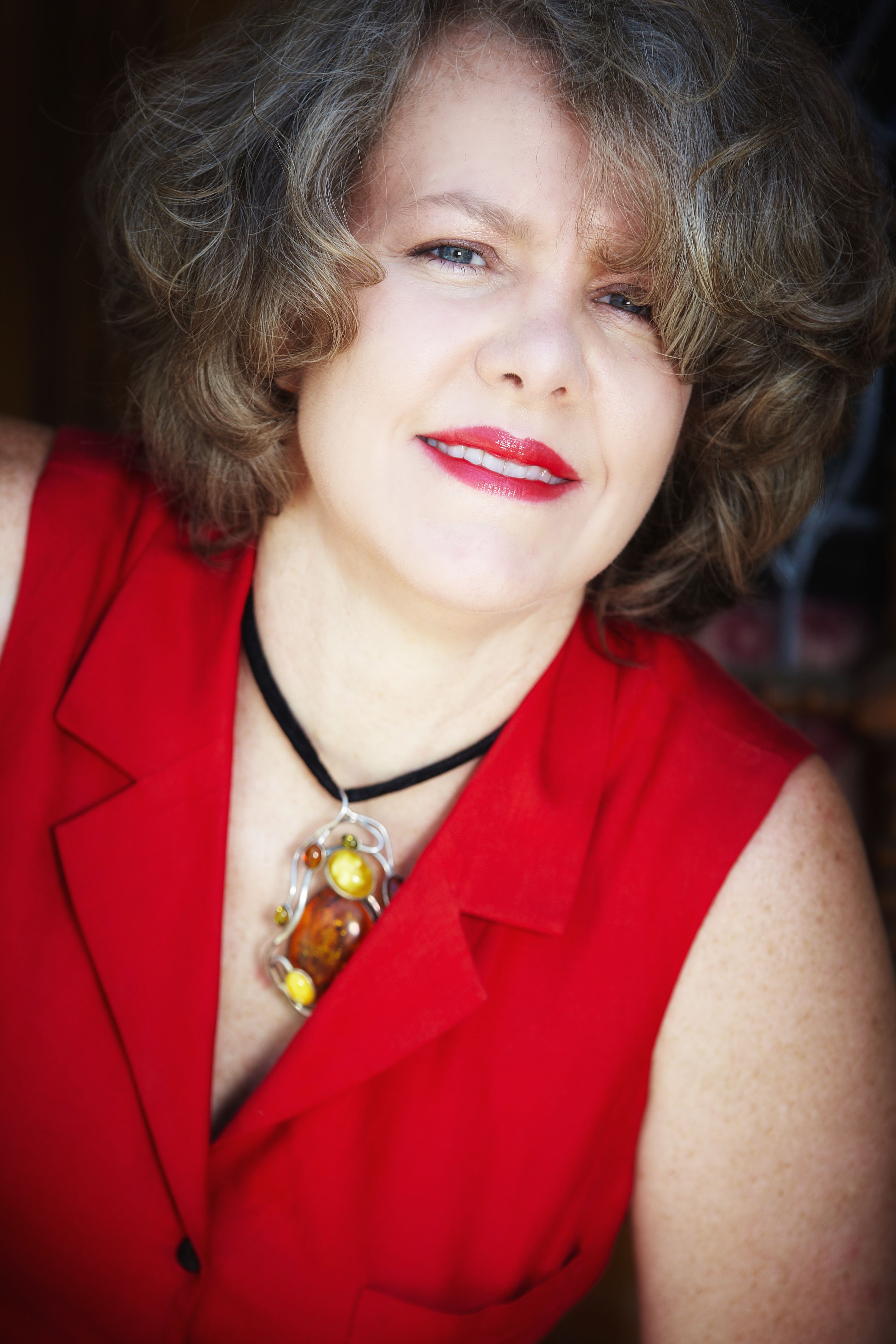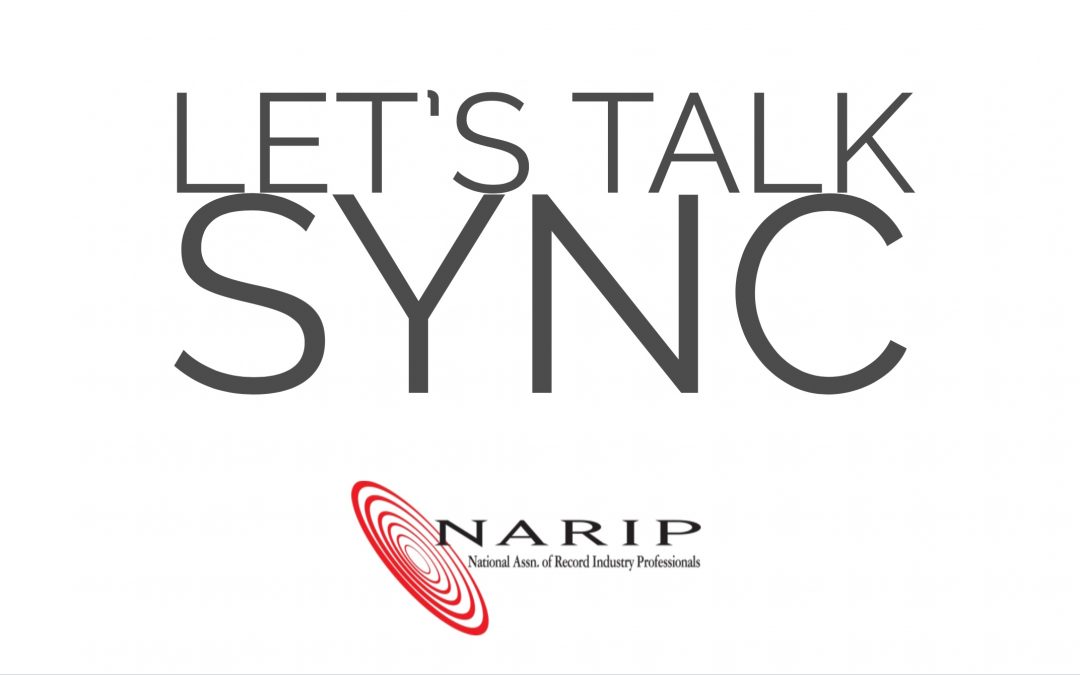Sync is the talk of the town at SPOT

What is sync, why should you care and how can you benefit from it – those are some of the fundamental questions you can get answered at this year’s SPOT+ seminar, “Let’s talk Sync”, hosted by Tess Taylor, president of NARIP, the National Association of Record Industry Professionals.
By Mikkel Wenzel Andreasen
It used to be, that the only way to monetize your music was through selling records or going on tours. That has changed fundamentally over the course of the years with the proliferation of the media industry, and an ever-increasing need for music to accompany anything from films to trailers, games and ads.
Because of the importance of sync, SPOT is hosting the president of NARIP, Tess Taylor, to keynote the seminar, “Let’s talk Sync”, which is followed by debates and roundtables with music supervisors from Hollywood who work on some of the biggest global franchises and blockbuster films.
Prior to the seminar, we’ve had a talk with Tess Taylor about what to expect from her seminar, and how you can benefit the most from the talk, the debates and the people you can meet there.
“When you attend this seminar, the one thing you will learn if you listen is how to focus and narrow down your list of potential clients. Instead of pitching to everyone, do your research and try to focus on just three or four people who may actually be interested in what you offer,” says Tess Taylor.

Tess Taylor, president af NARIP, National Association of Record Industry Professionals
SPOT makes the industry big wigs approachable
Benefitting from sync essentially comes down to just two focal points: Focus and research. How and who you pitch your music or your client’s music to, and knowing what each project wants and needs.
That is a lot on the supervisors, and the relationships they cultivate, which is why SPOT is the perfect place to hone your skills and get your pitch out there.
“Even though the festival seems to be growing, as it ought to with such a wonderful atmosphere and programme, the ratio of speakers to audience is still very good. There are no velvet ropes or people too important to meet. Anyone can walk up to one of the top industry folks and have a meaningful conversation, and that is one of the strengths of SPOT and why I like to come back here,” says Tess Taylor.
Why is sync so important?
Should everyone be interested in sync – most definitely, believes Tess Taylor, as getting plays off your music is essential to the musicians, who need to earn money and recognition off their work.
That’s why sync is a growing area of music monetizing and why you need to pay attention. Sync is the art of synchronizing two media components, typically moving pictures to music.
As Tess Taylor explains, that puts a heavy demand on the music, as it need to fulfill a broad range of criteria to match a changing media landscape: Is your music affordable, does it have the right pacing, is it editable, how about vocals – and perhaps most important to those, who license the music: Have the rights been cleared with everyone in the project.
All of these key factors have to be accounted for, when pitching sync, and even then, success is still no guarantee.
This is why, as Tess Taylor puts it, pitching sync is of course some part the music you represent, but a lot of it is on you:
“There are more independent artists, than molecules in the universe. So, when the project holders get pitched a few songs from a 100 people, they simply shut down with music overload. What a good sync agent does, is to build relationships, and establish a reputation as someone who delivers and knows, how and what music to present for a project. It all comes down to research, focus and relationships,” says Tess Taylor, before adding, that: “Having awesome music doesn’t hurt either.”
These skillsets, meeting the right people, and finding the right projects and clients are some of the valuable parts of getting into sync, that we’ll cover at this year’s seminar, which takes place at the Scandinavian Congress Center on May 12th 09:55-13:15, in Room 11.
Read more about the seminar, here!


